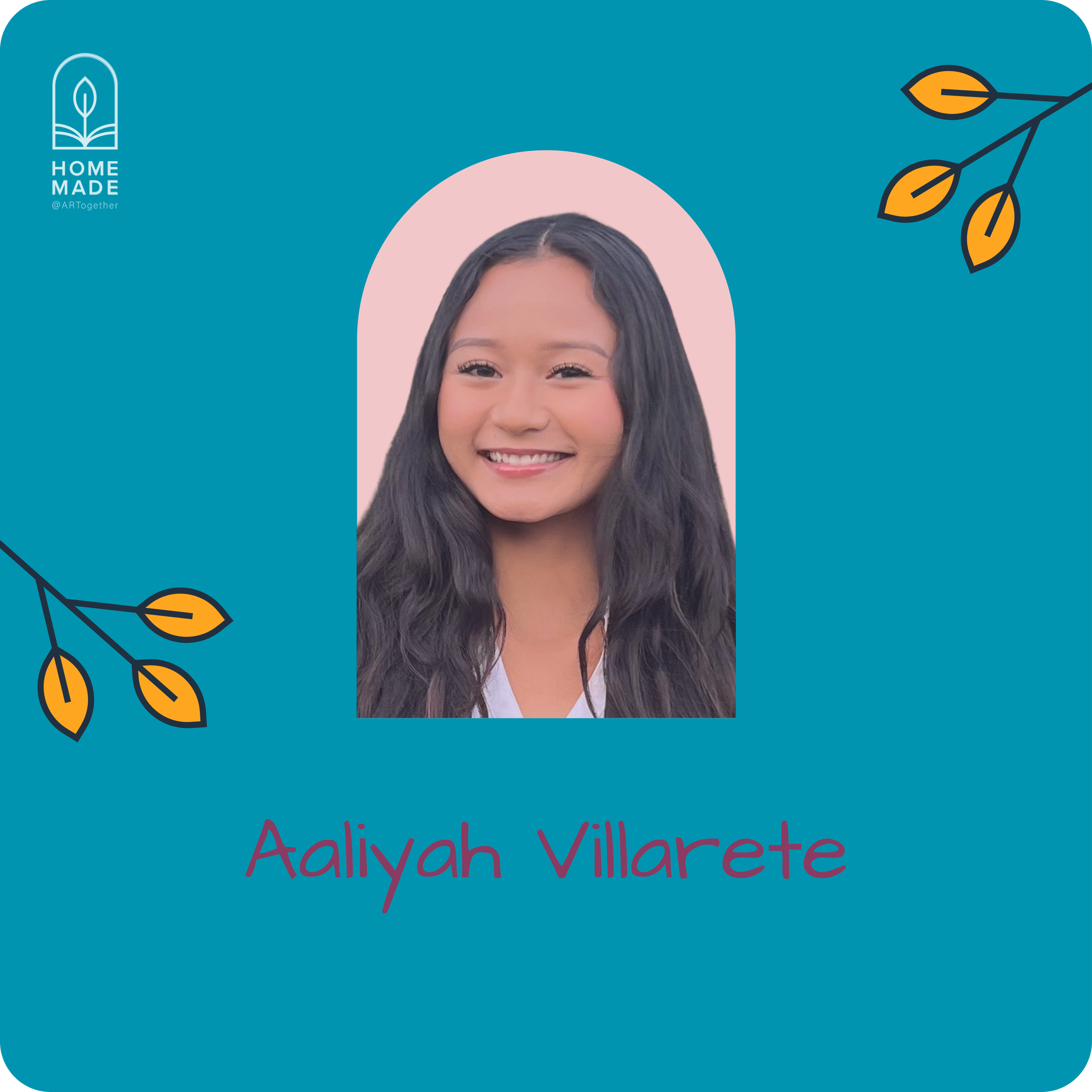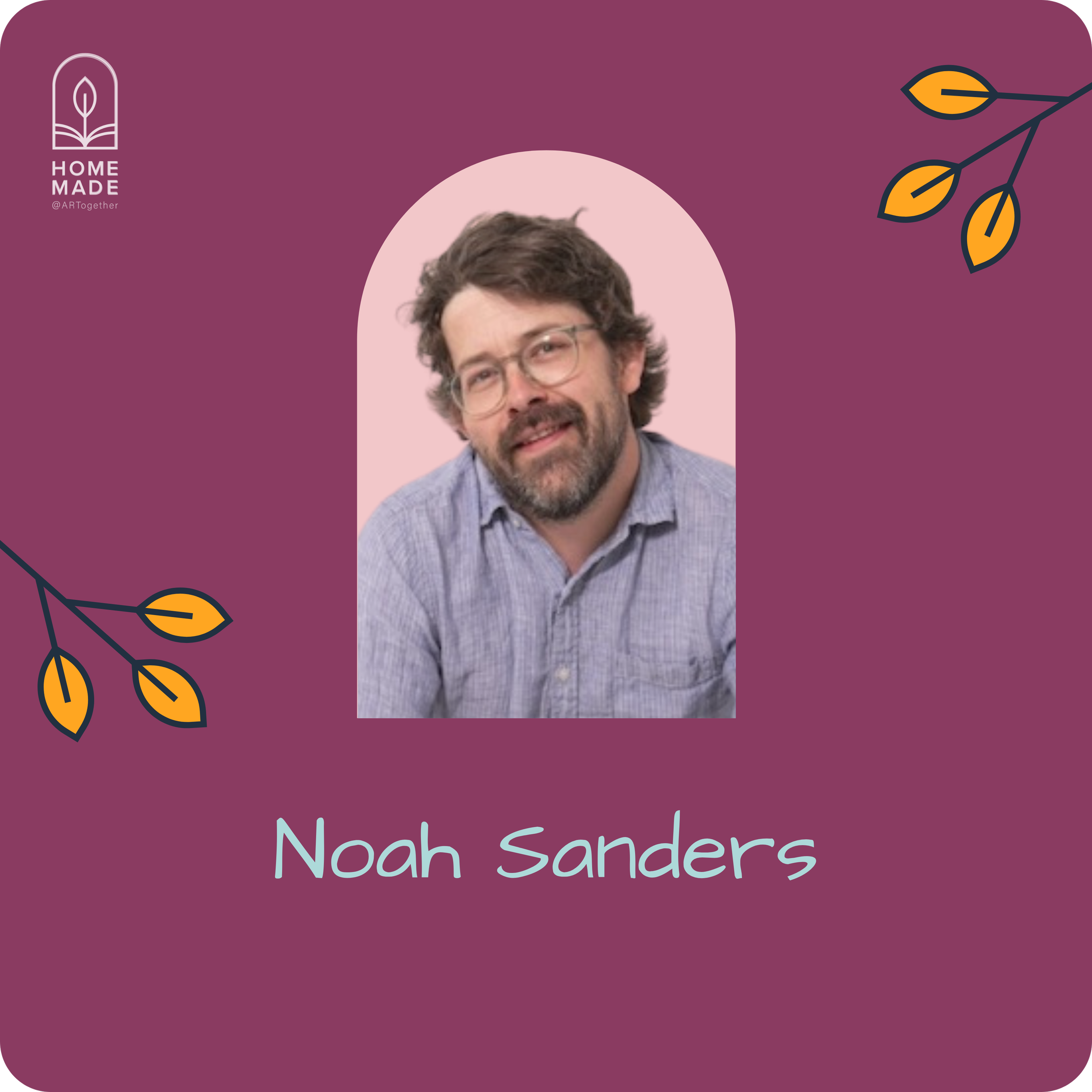Interview: NICOLA ANDREWS
HOME MADE: Hi Nicky, thank you for taking the time to do this interview. So first thing first, big congratulations on the release of your book! Can you elaborate on how this project came about?
NICOLA ANDREWS: I moved to the Bay Area just before the COVID-19 pandemic began, and began writing poetry mid-2021. I was looking for a hobby I could do by myself, and that wouldn’t generate clutter in my small apartment.
2021 was a very difficult year for me—my grandmother and my Mum passed away back home, both after very difficult and prolonged illnesses. At that time, the New Zealand government had closed its borders to the estimated one million New Zealand citizens living overseas, in an effort to mitigate the impact of COVID-19.
I was not able to return home to support my grandmother or my Mum, attend their funeral services, or help my relatives logistically. Many of the poems in Māori Maid Difficult investigate themes of family and familial roles, Indigenous identity, borders, and belonging. Writing this collection was a way to resist the government policies that denied my return home, and instead connect with my home through language and literature.
HM: That is devastating. My deepest condolences. Since you brought up this idea of “connecting with your home,” what does home or home-making mean to you, especially in the context of your writing?
NA: In the context of this project, “home-making” is an appropriate word to consider. Reflecting on my writing journey over the last couple of years, I’ve been shown a lot of kindness by writers and writing groups in the Bay Area and beyond.
As someone without formal training in creative writing, a lot of my practice has just been trying things out, or trying to learning the rules of writing (and submitting, publishing, performing) as I go. So I’ve been very actively “making” my writing and writing practice into somewhere that I can at least camp out for, for a while.
HM: What surprised you in the making of this project?
NA: As a new poet, it was a pleasant surprise to take a risk and see these pieces published, both in literary journals and magazines, and as a chapbook.
“Writing this collection was a way to resist the government policies that denied my return home, and instead connect with my home through language and literature.”
HM: If we could go back in time a little… What first led you to writing?
NA: I never considered myself a poet until recently, but when I was in high school, my friends and I would make up all kinds of skits or comic books. Some of my favourite media included MAD Magazine and Weird Al’s back catalogue, and I’d often rewrite the songs we had to sing in choir as my own little teenage parodies. I like making my friends laugh, and don’t mind being a bit of a weirdo.
HM: Continuing this thread, if you could go back to when your Younger Self was just starting out on this writing/artistic path, what would you say to that person?
NA: Oh, umm, probably, “start a serious creative writing practice before you become mired in academia!” Or at least, start submitting prose while it’s still cool to be a manic pixie dream girl, hah.
“The primary purpose of writing for me is to have fun and experiment—if I can make someone laugh in the middle of a poem about decolonization, so much the better.”
HM: Ha! OK, last question. Which 3 books or authors do you find most influential to your recent collection?
NA: One of my favourite musicians is the Welsh artist Gruff Rhys (Super Furry Animals, Neon Neon). His often creatives a narrative through his lyrics, which are very pun-heavy (e.g., “You expose the film in me/We’re drawing rings around the world”; “Happiness is a worn pun”; “I found my mummy/I found her in rags”). Rhys is a very clever lyricist in addition to being a clever musician, and he reminds me not to take this writing business too seriously. The primary purpose of writing for me is to have fun and experiment—if I can make someone laugh in the middle of a poem about decolonization, so much the better.
When I was writing the poems in Māori Maid Difficult, I was also taking several classes in te reo Māori, the Māori language. I was spending a lot of time looking up definitions of words, listening to TV shows and podcasts in te reo, and trying to grasp basic grammar. There is a bit of te reo gently sprinkled throughout the book.
This was written well after my manuscript, but earlier this year Māori writers David Geary and Alice Te Punga Somerville published this piece on the “diasporatanga” - Māori writers living outside of Aotearoa, and how this impacts their relationships and writing practice. Writing is quite solitary, and it was helpful for me to be reminded that many Māori writers practice writing and creative art outside of Aotearoa.
Nicola Andrews is an Indigenous Māori writer and librarian, currently living on Ramaytush Ohlone territory. They have been supported by writing communities including VONA, Kenyon Review Writer’s Workshop, Kearny Street Workshop, Rooted & Written, and Tin House. In 2023, they won the AAALS Indigenous Writers Prize for Poetry, and published their micro-chap Sentimental Value, which is free to download from Ghost City Press. Their debut poetry chapbook Māori Maid Difficult by Tram Editions is available now.





















